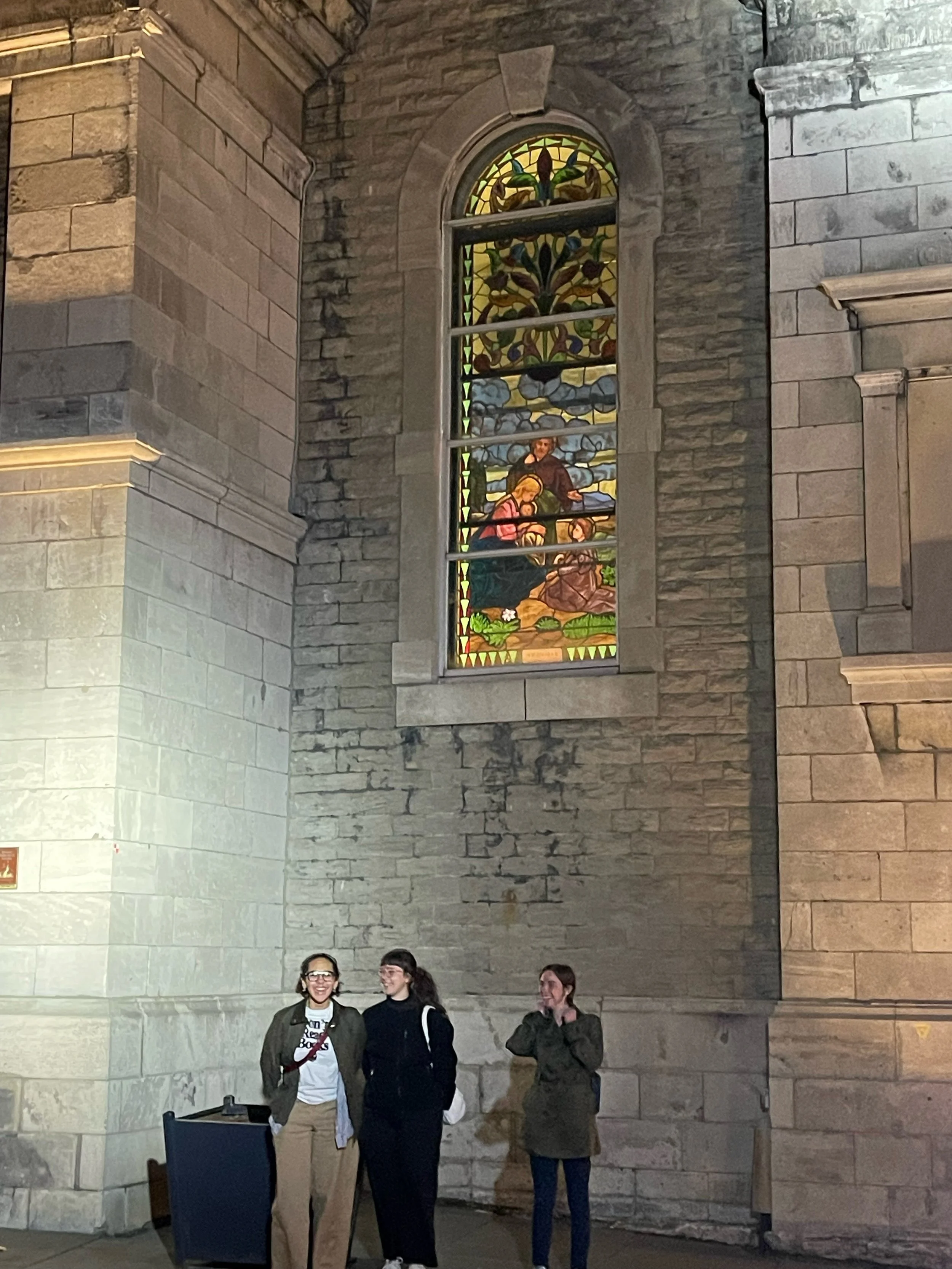Gabby Barber presents at CASCA
By Gabby Barber
In May, I had the opportunity to present my research at this year’s CASCA (Canadian Anthropology Society) conference at McGill. Not only was this my first conference, but it was also my first time presenting my research. It was incredibly nerve-wracking, but after making friends with anthropology students from other Albertan universities, I was much less anxious.
My presentation was titled: “‘City Folk Don’t Get It’: Queer Lives in Rural Alberta.” In the presentation, I focused on: 1) the diverse experiences and lifestyles of rural Albertans; 2) the lack of representation both from urban pride organizations and from local politicians; and 3) despite the perceived negativity, hopeful outlooks persist in queer rural communities through collaboration with each other and with local allies. Given that it was my first time discussing my research with an audience that was less familiar with Alberta, I was nervous that people would be uninterested or have negative assumptions of my research. However, I was pleasantly surprised when I was asked questions afterwards about the Alberta government’s restrictions on transgender youths’ healthcare and how that affected my research.
At the end of my presentation, I mentioned a quote from one of my participants, Jonathan Luscombe, that really stood out to me: “What is the value of our lives if we cannot make the world a better place for everyone?” To me, living in and loving a province with a government seemingly hellbent on letting queer people fight for their survival is bleak, but as a queer person, as an Albertan, and as a budding anthropologist, queer rural Albertans have something to teach all of us.
After the conference, my new friends and I celebrated our hard work by getting dinner together and exploring Old Montreal. My first conference was a blast!

